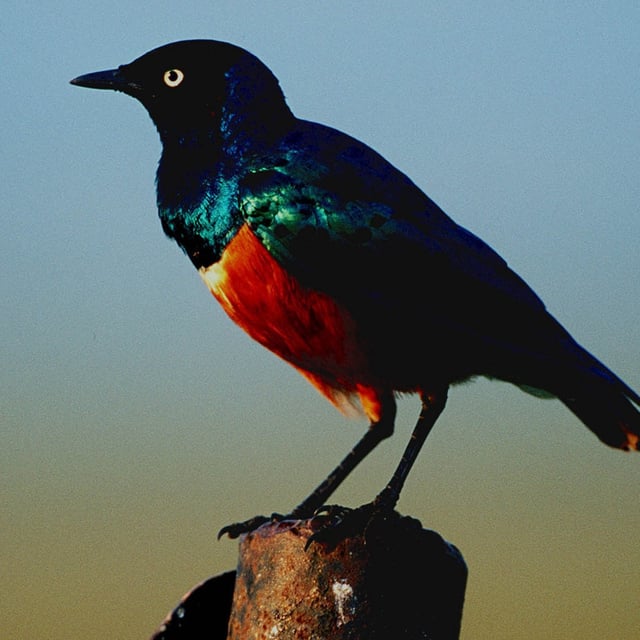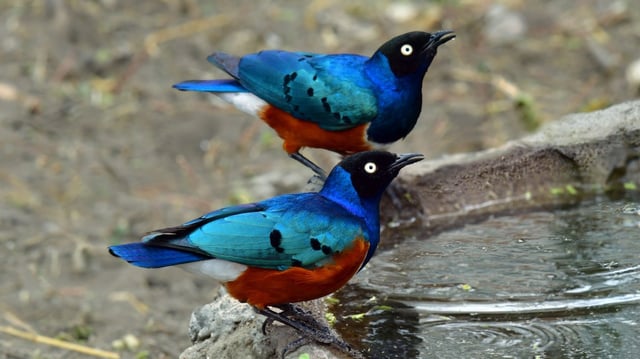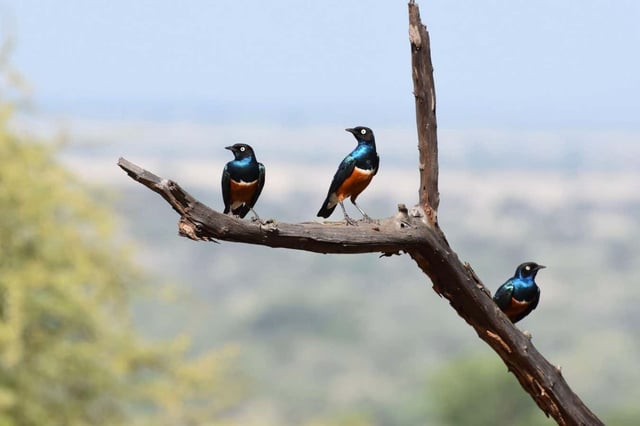Overview
- Researchers studied superb starlings in Kenya over 20 years, analyzing behavioral and genetic data from 40 breeding seasons and 1,175 birds.
- The study provides the first robust evidence of reciprocal helping in a cooperatively breeding bird, with non-relatives aiding each other over time.
- Starlings frequently switched roles between breeders and helpers across seasons, forming stable, long-term social bonds similar to human friendships.
- These reciprocal relationships enhance survival and reproductive success, particularly in the challenging and resource-scarce East African savannah.
- The findings, published in Nature, challenge assumptions about altruism in animals and open new questions about how these bonds form and endure.



